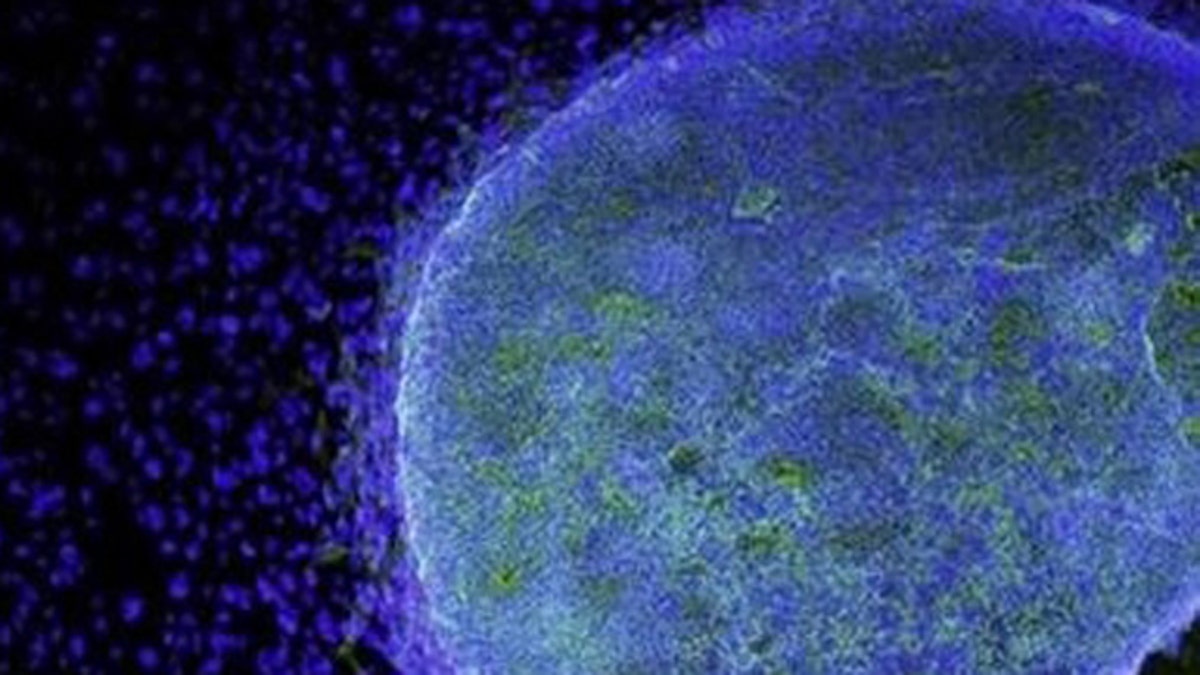
(Reuters)
A cure for brain damage caused by stroke may be only five years from clinical application, with research using stem cells showing significant improvement in stroke-affected brains, The Australian reported Monday.
Adelaide University neurologist Simon Koblar said trials of new stem-cell technology using rats had shown marked improvement in brain function, paving the way for human trials in as little as five years.
Now, negotiations are underway with a bio-technology company interested in supporting a clinical trial with the potential to revolutionize stroke treatment.
"We've just completed a three-year study where we used human dental pulp stem cells in rats and we've demonstrated significant improvement in function of the animals compared to those that we gave the same treatment without stem cells," Koblar said.
"Right now we have a nine percent mortality rate, which really isn't acceptable for human application."
Avoiding the controversy over the use of stem cells taken from human embryos, Koblar harvests stem cells from the inside of molars removed from young adults and donated by local dentists.
The use of dental stem cells means patients could have their own dental stem cells injected, meaning they would require no immuno-suppressive treatment.
It is still uncertain how the stem cells work when injected into a brain, but researchers believe they somehow replace the cells killed in a stroke and stimulate the brain's ability to self-repair.
